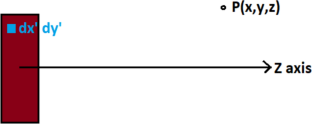Seasonal Variability in Key Radiological Attributes in U-Processing Plant and Solid Waste Disposal Sites at Jaduguda, India
Abstract
Like any other facilities, nuclear facilities are likewise connected with risks to the personnel and environment. The impact assessment of any facility is one of the essential prerequisites for its smooth running. Uranium ore is processed through different stages, such as size reduction, leaching, filtration, product recovery and waste deposition. Different stages of the ore processing can redistribute the activity of radio-nuclides and their measurement is essential for the impact analysis of the facility. Variation in radon and gamma levels is internationally investigated as a marker for seasonality in the natural radiation environment of an area. Accordingly, investigation for both plant and solid waste disposal sites has been carried out for radon (222Rn) and gamma levels to examine the influence on the workers and environment. The radon concentration in the workplace is observed to vary between 20 and 150 Bq m−3, which is within the reference threshold of 300 Bq m−3 suggested in the ICRP recommendation (ICRP 2014). The impacts of the facility on the surrounding environment are indistinguishable from those of the background. Findings suggest that the seasonality of change in radon level is considerable at either site and the gamma level change in the mill is ascribed to the nature and quantity of the source rather than the seasonal influences.


 求助内容:
求助内容: 应助结果提醒方式:
应助结果提醒方式:


